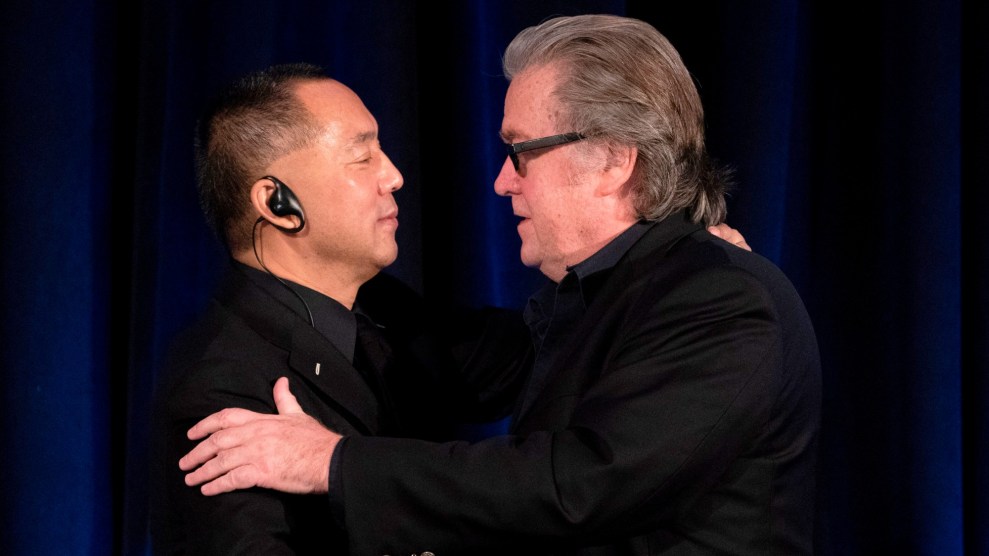
Photo: Getty Images
Were it not for George Soros, soft money might not be such a contentious issue this year.
One of the world’s wealthiest men, Soros has given away nearly $5 billion to help build democratic institutions in the former Soviet Union, Africa, and Asia. But in 2003, the New York financier adopted a new cause: defeating George W. Bush. Soros has gone so far as to quip that he would be willing to spend his entire fortune, of somebody could ‘guarantee’ an election-day victory over Bush.
In fact, Soros has contributed less than one percent of the $7 billion he is estimated to be worth. But that’s still an unprecedented figure. Soros has given tremendous amounts to several liberal advocacy organizations, commonly referred to as ‘527′ groups. He has contributed $5 million to America Coming Together, and more than $1 million to MoveOn.org. And he has pledged to pump another $7 million into the groups later this year. Already, Soros has contributed more than $6 million this campaign cycle. That is more than three times the amount contributed by the most generous single donor four years ago.
Such stratospheric largesse is something new for Soros. His past contributions to campaigns and candidates were relatively moderate. In the 2000 and 2002 campaign cycles combined, Soros gave a little less than $250,000 to federal candidates and causes — almost all of them Democrats. One notable exception: Sen. John McCain. Soros contributed $1,000 — at time the maximum allowable amount — to McCain’s candidacy in 1999.
Soros has not been shy about explaining his decision to invest so heavily in groups dedicated to defeating Bush. For nearly three years, Soros has been a passionate critic of the Bush Administration’s foreign policies, particularly the so-called “Bush doctrine” allowing for preemptive military strikes against foreign governments. Last year on ‘Now with Bill Moyers,’ Soros told David Brancaccio, “We have made a terrible mistake. And we have to pay the price. We have to pay the price. But we have to recognize that we’ve been very badly misled.
…
If we reject him, then we are effectively rejecting the Bush doctrine. Because he was elected on a platform of a more humble foreign policy. Then we can go back to a more humble foreign policy. And treat this episode as an aberration.”















